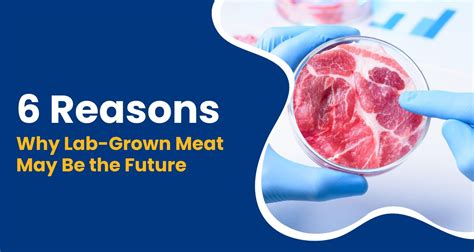Singapore’s audacious move to embrace lab-grown meat is more than just a headline-grabber; it represents a strategic approach to solving some of the world’s most pressing problems. As climate change accelerates, the environmental impact of traditional livestock farming cannot be ignored. Globally, livestock is responsible for a substantial share of greenhouse gas emissions. Cows, in particular, produce significant amounts of methane—a gas that is much more efficient at trapping heat in the atmosphere than CO2. With a high population density and limited agricultural land, Singapore has recognized the potential of cultivated meat to provide a sustainable, reliable food source while curbing environmental damage.
The concept of lab-grown meat is not without its detractors. Critics often point to the substantial energy requirements and technical challenges involved in cultivating meat on a large scale. Commenters on various forums argue that the thermodynamics of the process are currently unfavorable, making it economically unfeasible against traditional meat products. For example, generating the growth media for cells can be exceptionally carbon-intensive, given that ingredients are often sourced from agricultural processes that remain dependent on fossil fuels. One user highlighted the difficulty of producing meat at an economical price point, pointing out that even theoretically solving the thermodynamic issues would not automatically translate into financial viability.
However, supporters argue that lab-grown meat holds significant promise in the long-term reduction of greenhouse gases. By bypassing the need for livestock, we can potentially reduce methane emissions, clear-cutting of forests for pasture land, and overuse of water resources drastically. Although, as noted in discussions, the environmental benefits might not be as grand as once thought, the flexibility and innovation in bioengineering still present viable ways to reduce the burden traditional meat production places on the planet. Current research, as accessed from various academic papers, has started to cast doubt on the overhyped environmental benefits, but the broader consensus remains cautiously optimistic.
Singapore’s leadership in this field is also influenced heavily by its unique socio-economic landscape. Importing a significant portion of its food, the city-state is highly vulnerable to global food supply chain disruptions. Lab-grown meat offers a sustainable alternative, ensuring food security while aligning with the country’s stringent environmental regulations. Singapore’s associations with world-renowned universities and its strong appetite for high-tech innovation further support its ventures into food biotechnology. Furthermore, the absence of a substantial domestic meat industry means fewer lobbies to oppose these advancements, allowing for a smoother transition to cultivated proteins.
Aside from environmental concerns, the ethical aspects of lab-grown meat are a significant pull factor. The cultivated meat production process can potentially eliminate the notions of animal cruelty often attached to traditional meat farming. Some experts suggest that, similar to the electric vehicle market, the early focus should be on ’boutique’ or specialty meats that carry a premium price tag. By focusing on rare or endangered types, such as quail or even hypothetical creatures like woolly mammoths, companies can mitigate some economic pressures while gradually scaling up.
Nevertheless, skepticism remains, particularly from regions where traditional agricultural lobbyists are strong. Silicon Valley, once the torchbearer of innovation in this space, appears to be adopting a more cautious approach. The underlying scientific challenges are numerous, and existing research shows that it’s not merely about overcoming a ‘Wall of No’ in thermodynamics but also about integrating breakthroughs into cost-effective, scalable solutions. This hesitance, however, doesn’t deter Singapore. The city-state’s integrated approach—embracing high-tech, ensuring regulatory support, and focusing on localized production—offers a unique case study for how other nations might navigate the intricate, and often politicized, landscape of lab-grown meat.


Leave a Reply